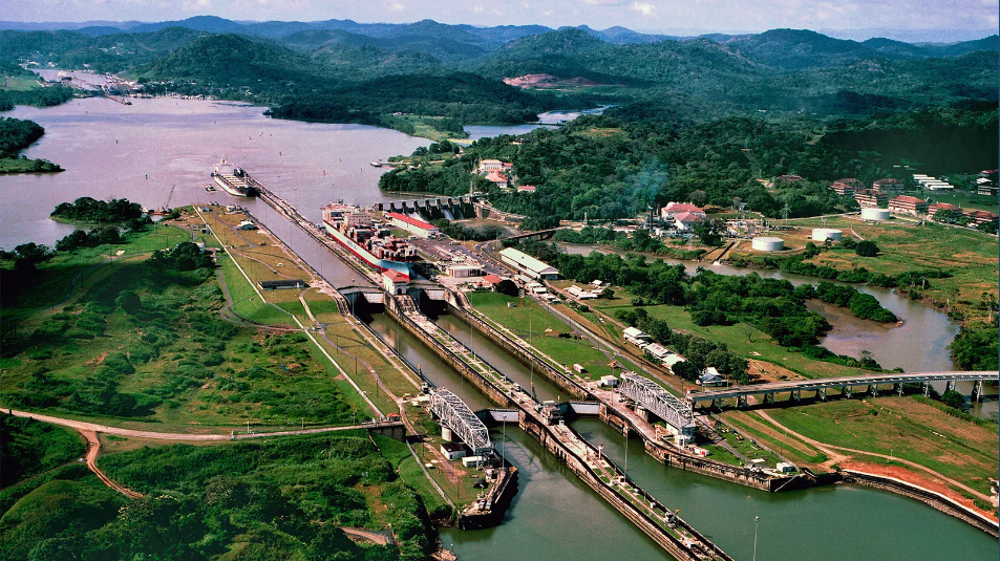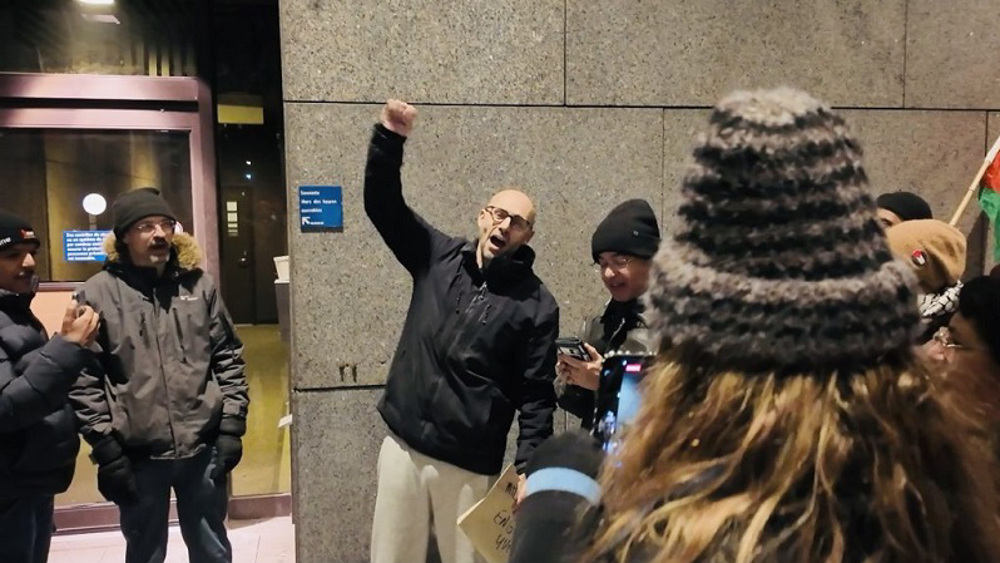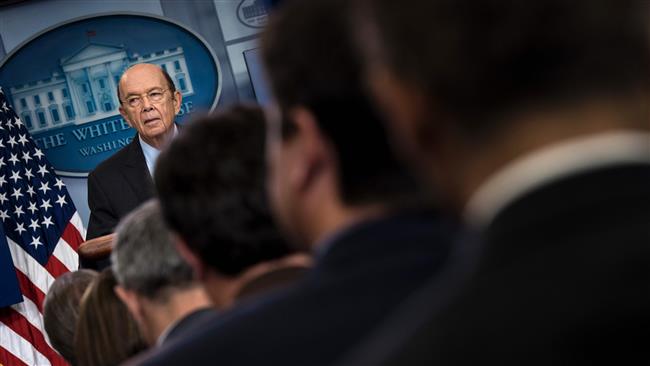Canada agrees to sign on to TPP
Canada has agreed to sign on to the resurrected Trans Pacific Partnership along with 10 other Asia-Pacific countries, moving forward with the trade pact after the United States pulled out last year.
The news comes as negotiators from Canada, the United States and Mexico sit down in Montreal for a sixth round of talks aimed at revamping the North American Free Trade Agreement (NAFTA).
Canada -- the second-largest economy in the TPP -- had initially snubbed the proposed trade deal last year, acting as the main holdout in negotiations after US President Donald Trump decided in early 2017 to go it alone under his "America First" policy.

But with Trump also threatening to pull his country out of NAFTA and time running out to reach that deal, Canada is in the hot-seat to diversify its trade relationships.
A senior government official said Canadian trade envoys met with their counterparts in Tokyo to discuss a revision of the TPP, moving towards creating one of the world's largest free trade blocs.
"We made significant progress on the sticking points that we had identified on the sidelines of the APEC summit," the official said.
"And we are looking to sign the deal."
A statement from the government of Singapore, which confirmed the deal, said the parties would seek to sign the TPP by early March.
Ottawa had held out to maintain environmental and labor protections linked to freer markets under the TPP deal. Those clauses became much less attractive to countries like Vietnam, Malaysia, Chile and Peru after the US pullout.
China is not included in the TPP as the pact was initially driven by the former US administration as a counterweight to surging Chinese power in Asia.
The Tokyo TPP talks were only the second since November, when Prime Minister Justin Trudeau failed to show up at a leaders' gathering on the sidelines of the APEC summit in Danang, Vietnam to sign an agreement-in-principle.
Crucial for Canada would be its access to Japan's market, the third-largest in the world. The TPP also includes Australia, Brunei, Chile, Malaysia, Mexico, New Zealand, Peru, Singapore and Vietnam.
(Source: AFP)

Panama rejects Pentagon chief's idea of US bases on its soil

Canadian Zionist Lawfare against opponents of Gaza genocide

Trump sends more migrants to El Salvador prisons despite court dispute
Yemen asserts enhanced military readiness; takes US aircraft carriers under firepower
VIDEO | Iran seeks foreign investment to boost oil, gas sectors
Iran condemns terror attack in India's Kashmir region
After second Signalgate scandal, Democrats call for Hegseth’s resignation
Mahmoud Khalil missed son's birth after US officials denied temporary release
Iran’s annual inflation up 0.7% to 33.2% in April: SCI
Ayatollah Sistani offers condolences on passing of Pope, hails his role in promoting peace
Iran says expert-level talks with US postponed to Saturday










 This makes it easy to access the Press TV website
This makes it easy to access the Press TV website